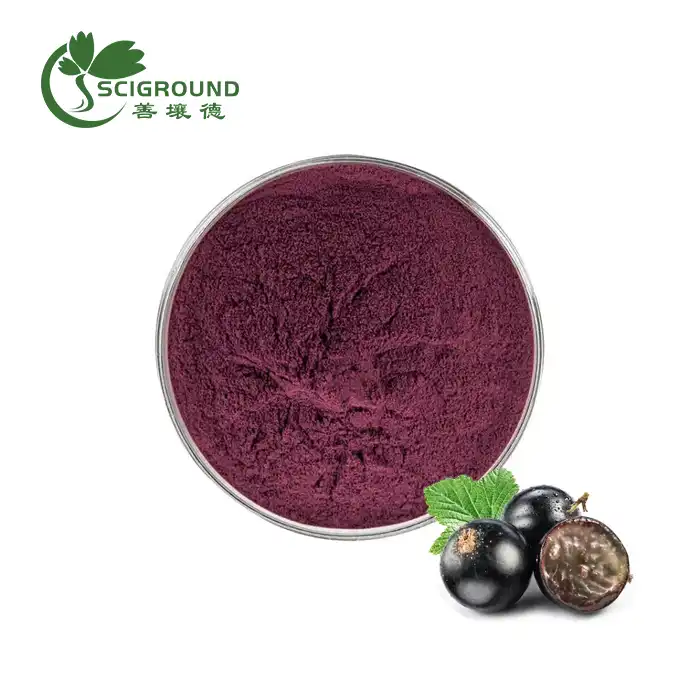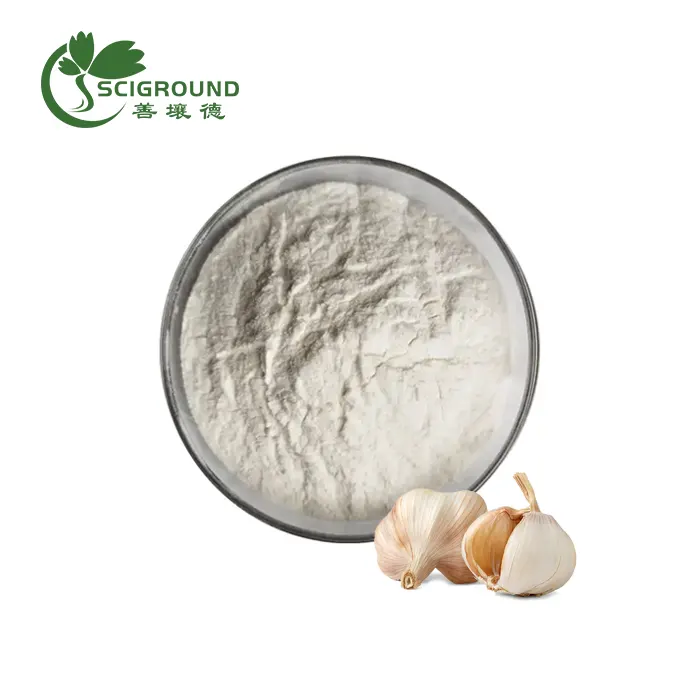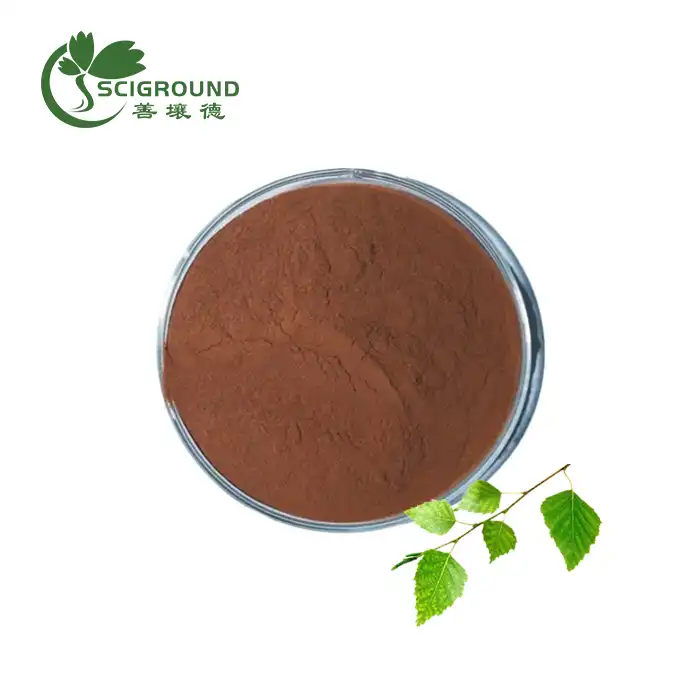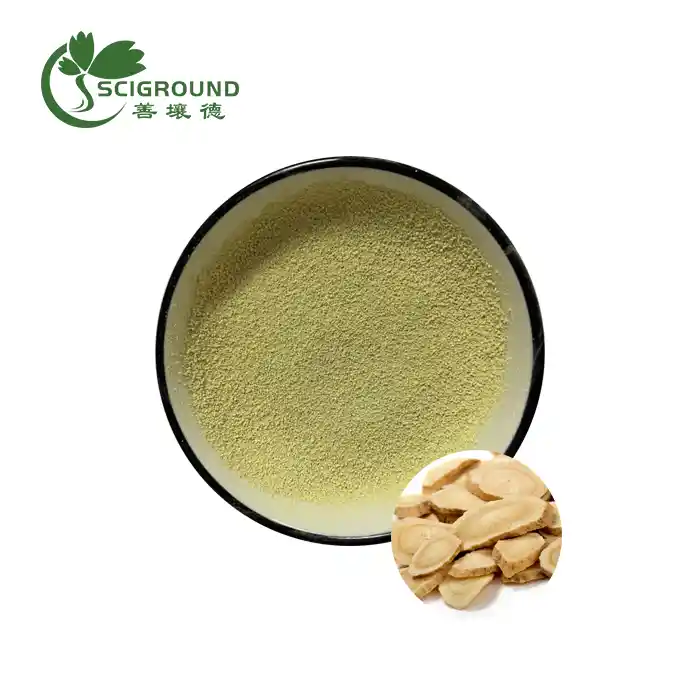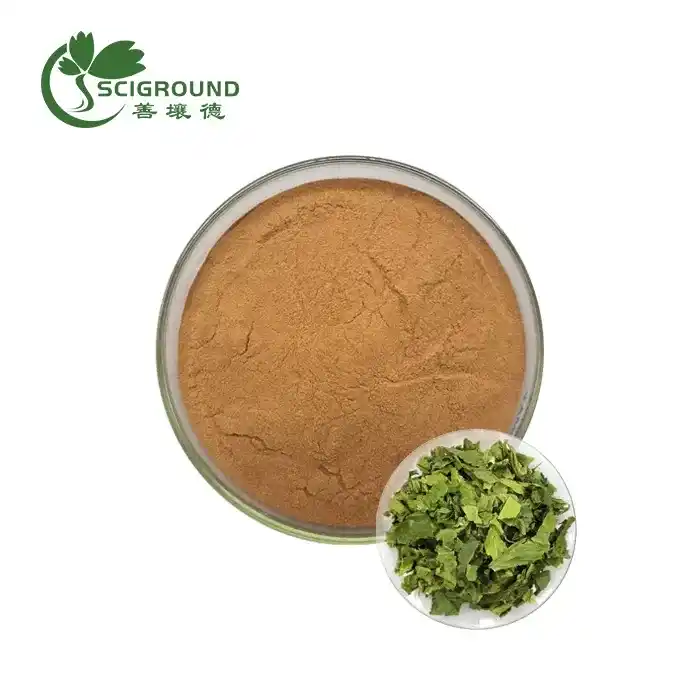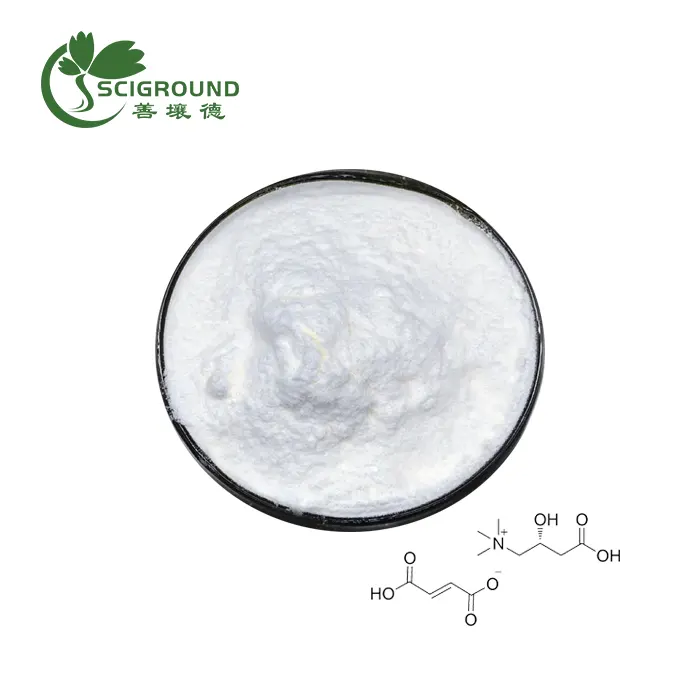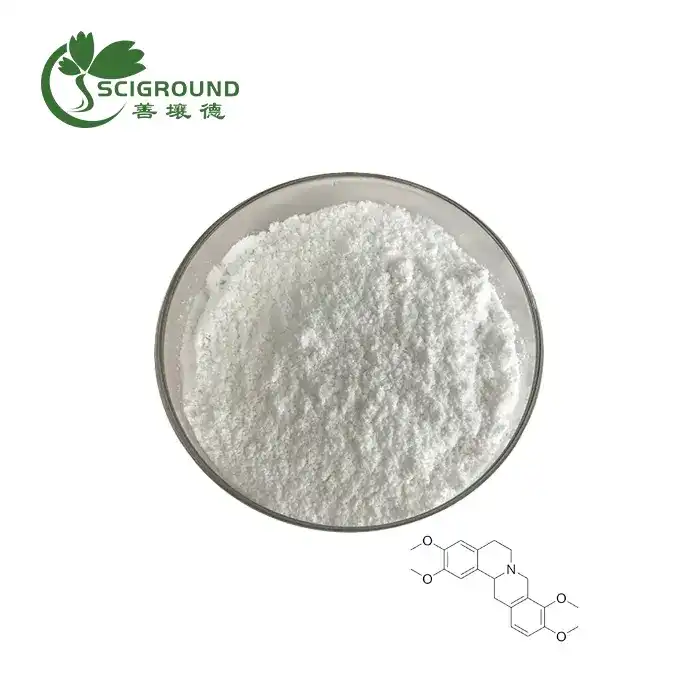What is the Recommended Dose of Polygonum Cuspidatum Root Extract
Polygonum cuspidatum, known by various names such as Japanese knotweed or Hu Zhang in traditional Chinese medicine, is a perennial plant deeply rooted in traditional herbal practices. However, its significance extends beyond its botanical origins as it gains recognition for its potential health benefits. At the heart of its therapeutic potential lies the Polygonum cuspidatum root.
Botanical Background:
Polygonum cuspidatum is native to East Asia and is characterized by its distinctive jointed stems and heart-shaped leaves. It has a long history of use in traditional Chinese and Japanese medicine, where it is valued for its roots. The root of Polygonum cuspidatum, often extracted to form supplements, has become a subject of scientific interest due to its rich composition of bioactive compounds.
Active Compounds:
The key to the medicinal properties of it lies in its diverse array of active compounds. Among these, resveratrol stands out prominently. Resveratrol, a polyphenol also found in red wine, has garnered attention for its antioxidant and anti-inflammatory properties, which contribute to various potential health benefits.
Antioxidant Properties:
It's antioxidant capabilities, largely attributed to resveratrol, play a crucial role in neutralizing harmful free radicals in the body. Free radicals, produced through normal metabolic processes and environmental exposures, can damage cells and contribute to aging and various diseases. The antioxidant content of Polygonum cuspidatum root extract may help mitigate oxidative stress, promoting cellular health.
Cardiovascular Health:
Research suggests that Polygonum cuspidatum extract, particularly due to its resveratrol content, may have positive effects on cardiovascular health. Studies have explored its potential to improve cholesterol levels, regulate blood pressure, and enhance overall heart function, making it a subject of interest in the field of preventive cardiology.
Anti-Inflammatory Effects:
Chronic inflammation is associated with a variety of health issues, including inflammatory conditions like arthritis. Polygonum cuspidatum root powder, with its anti-inflammatory properties, has shown promise in studies focused on managing inflammation. This opens up avenues for its potential use in supporting individuals with inflammatory disorders.
Conclusion:
Polygonum cuspidatum root, deeply ingrained in traditional medicine and increasingly studied in modern research, represents a botanical treasure with potential health-promoting properties. The exploration of its active compounds, antioxidant capabilities, and impacts on cardiovascular health and inflammation provides a glimpse into the diverse therapeutic possibilities associated with this plant's root extract. As research advances, it may continue to play a significant role in the realm of natural health and wellness.
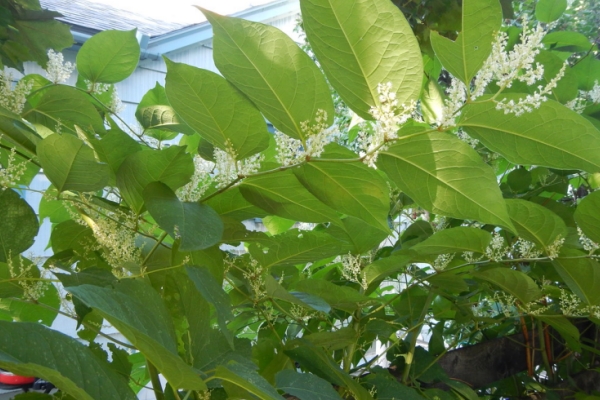
What Does Polygonum Cuspidatum Root Extract Do for Skin?
Polygonum cuspidatum root extract, renowned for its rich composition of bioactive compounds, offers a range of benefits when incorporated into skincare routines. The extract, containing notable amounts of resveratrol and other antioxidants, contributes to healthier and more vibrant skin.
Its potent antioxidant properties play a vital role in neutralizing free radicals, combating oxidative stress, and protecting the skin from environmental damage. This, in turn, promotes a youthful complexion by reducing the signs of aging, such as fine lines and wrinkles.
Moreover, it possesses anti-inflammatory characteristics, making it beneficial for soothing irritated or sensitive skin. The potential to support collagen synthesis is another key aspect, contributing to improved skin elasticity and firmness.
In essence, by harnessing the power of it's skincare formulations can leverage its antioxidant, anti-inflammatory, and collagen-supporting properties to enhance overall skin health and resilience. As with any skincare ingredient, individual responses may vary, and it's advisable to patch-test products containing this extract and seek guidance from skincare professionals for optimal results.
Is Polygonum Cuspidatum Resveratrol?
Resveratrol is a compound found in Polygonum cuspidatum root supplement and is known for its potential health benefits. However, it's important to note that Polygonum cuspidatum root powder contains various other active compounds besides resveratrol.
While resveratrol is believed to contribute to the anti-aging and it is not the sole component responsible for its benefits. The combination of multiple compounds in the extract works synergistically to provide its overall positive effects on health and skin.
If you are considering incorporating it into your skincare routine or taking it as a supplement, it is advisable to consult with a healthcare professional or a skincare expert. They can provide personalized recommendations based on your specific needs and health conditions.
For more information about Polygonum cuspidatum root extract and its potential benefits, please feel free to reach out to us at info@scigroundbio.com. We are always here to assist you.
Sciground | info@scigroundbio.com | Your Trusted Source for Scientific Information
References:
Cottart, C. H., Nivet-Antoine, V., Laguillier-Morizot, C., & Beaudeux, J. L. (2014). Resveratrol bioavailability and toxicity in humans. Molecular nutrition & food research, 58(1), 7-16.
Timmers, S., Auwerx, J., & Schrauwen, P. (2012). The journey of resveratrol from yeast to human. Aging, 4(3), 146-158
Zhang, H., Zhang, J., Ungvari, Z., & Zhang, C. (2018). Resveratrol Improves Endothelial Function: Role of TNFα and Vascular Oxidative Stress. Arteriosclerosis, thrombosis, and vascular biology, 38(7), 1-10.
Shakibaei, M., Harikumar, K. B., & Aggarwal, B. B. (2009). Resveratrol addiction: to die or not to die. Molecular nutrition & food research, 53(1), 115-128.
Related Industry Knowledge
- Unlock the Health Benefits of Aronia Powder Today!
- What is Allantoin Powder?
- Does fisetin harm kidneys?
- how does corn silk extract help the bladder
- What are the side effects of clove powder?
- Does Polygala increase serotonin?
- Creatine HCL vs Monohydrate
- OPC Grape Extract Powder: A Comprehensive Guide
- Lentinan Extract: Unveiling the Power of Mushroom-Based Health
- BCAA Side Effects
